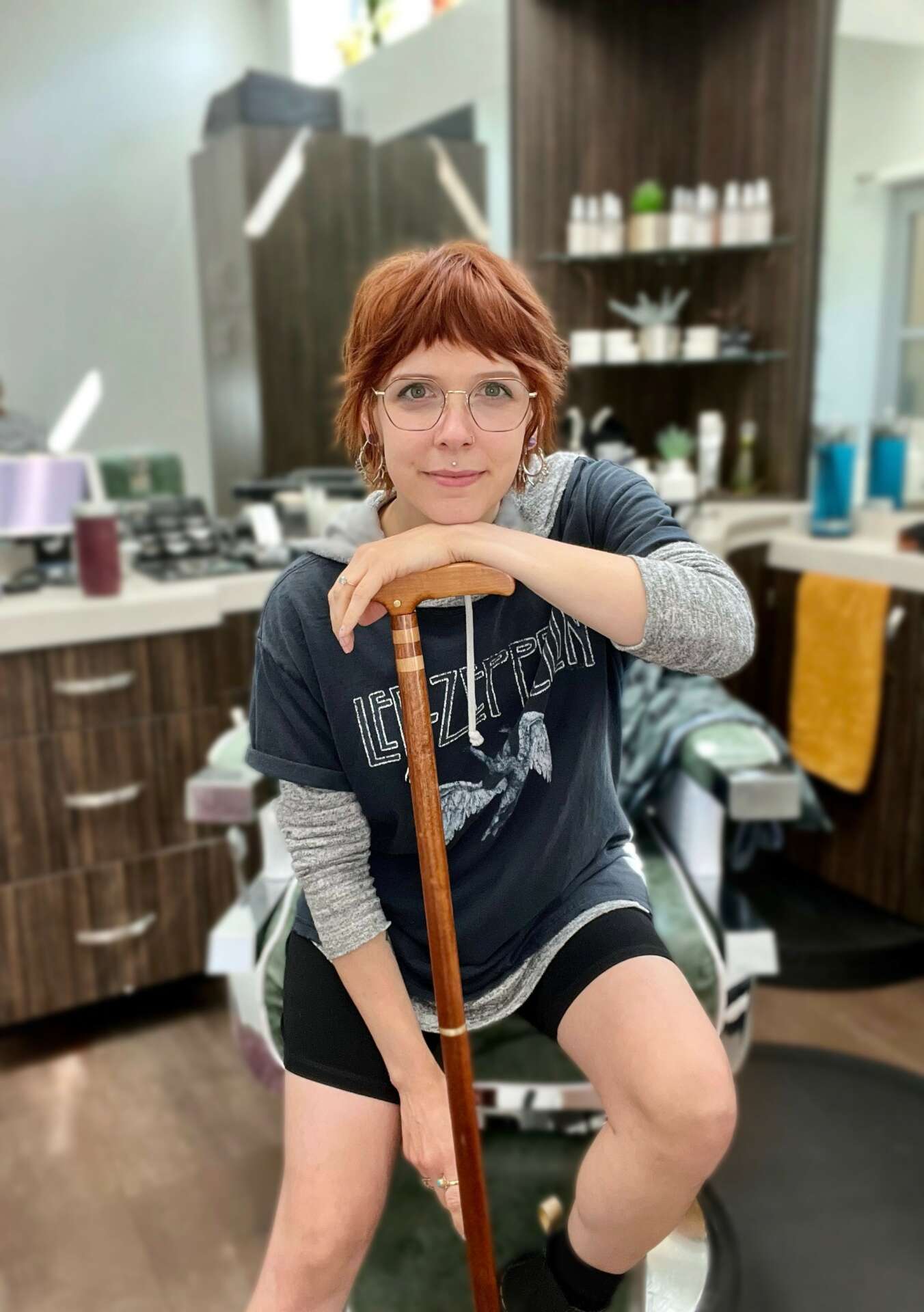We recently connected with Kelsey Toombs and have shared our conversation below.
Kelsey, looking forward to hearing all of your stories today. One of the toughest things about entrepreneurship is that there is almost always unexpected problems that come up – problems that you often can’t read about in advance, can’t prepare for, etc. Have you had such and experience and if so, can you tell us the story of one of those unexpected problems you’ve encountered?
I worked in the hair industry for seven years before being diagnosed with Functional Neurological Disorder (FND). My FND symptoms began with chronic fatigue, migraines, nerve pain, and dizziness. Then, I started to have convulsions that mimicked seizures, vocal/ body tics, and a loss of coordination. I considered leaving the industry and accepting that I’ll have to find a new career; since being a beauty professional is an able-bodied profession. However, it was hard to move on from something I love. I sought help from a cognitive behavior therapist, found a movement specialist familiar with FND, and joined an online support group to learn how to manage symptoms. Learning the tools to manage energy and stress gave me the boost to keep going and start my own business. As a business owner living with a chronic illness, I have control over where my energy goes; or as people with chronic/invisible illness say, “manage your spoons.” My business creates a space for me and others living with a disability in the hair industry. Life with a chronic illness can feel lonely; my hope for Misfit Botánica is to create a space where people can feel seen, understood and validated.
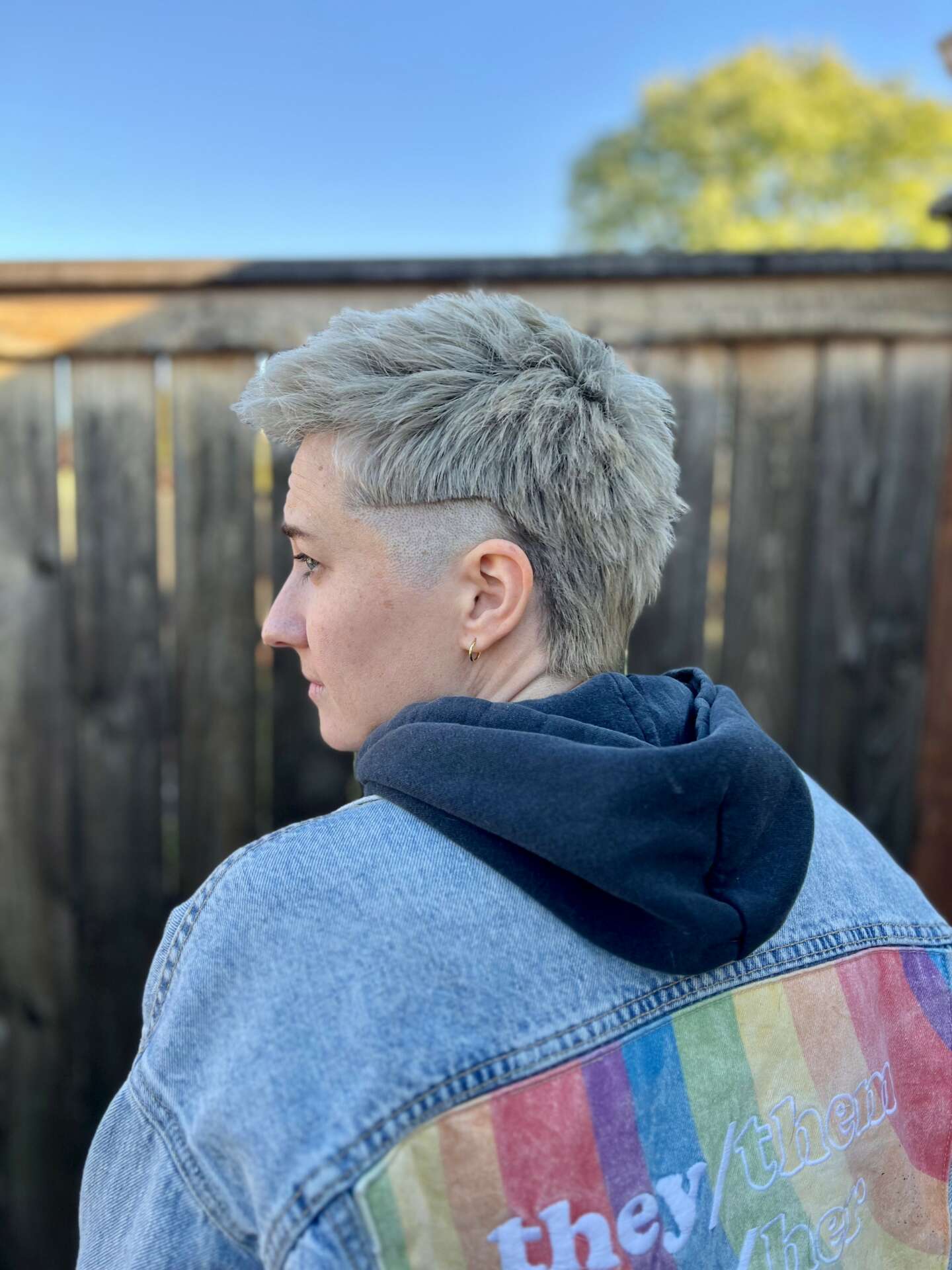
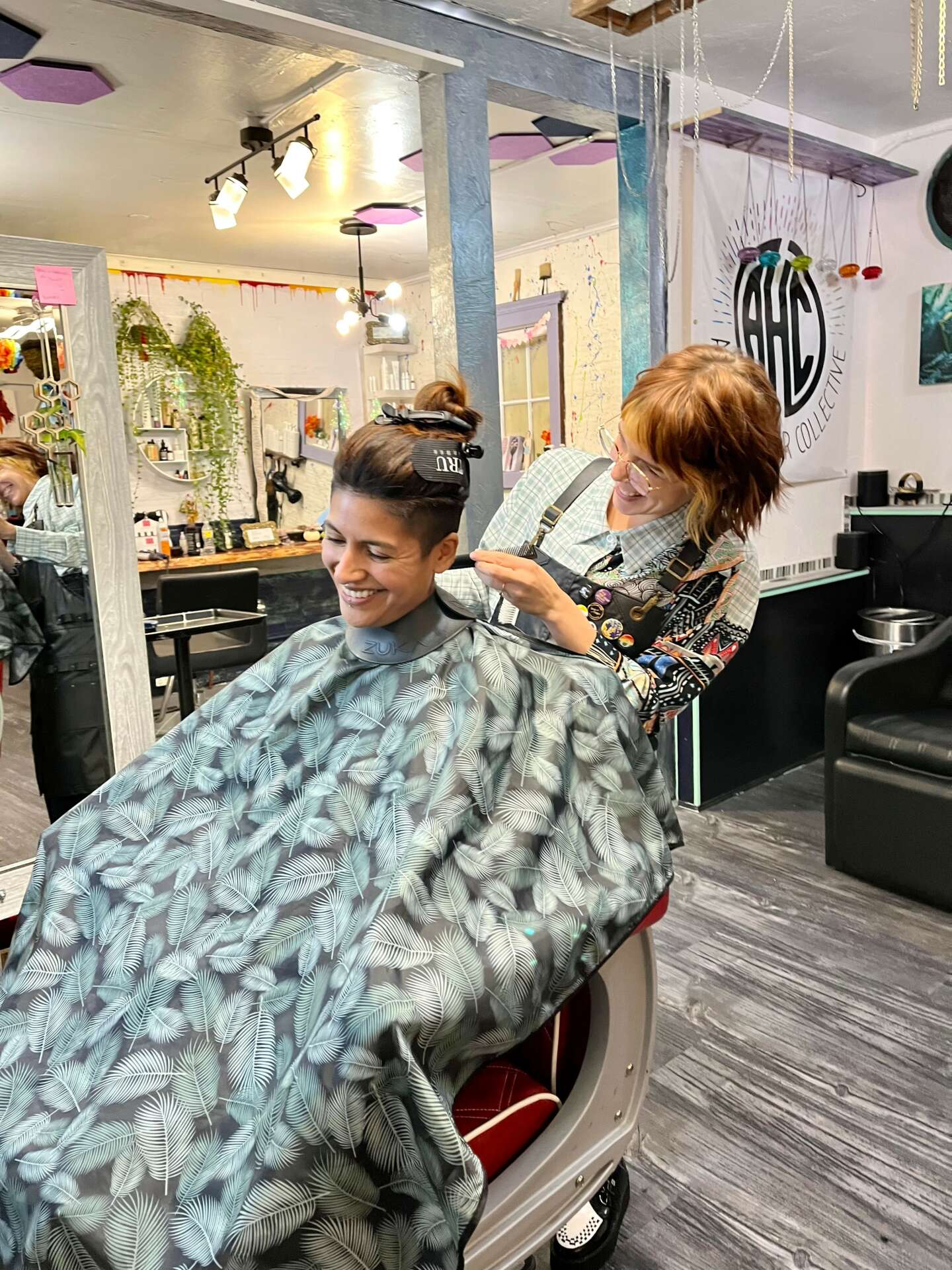
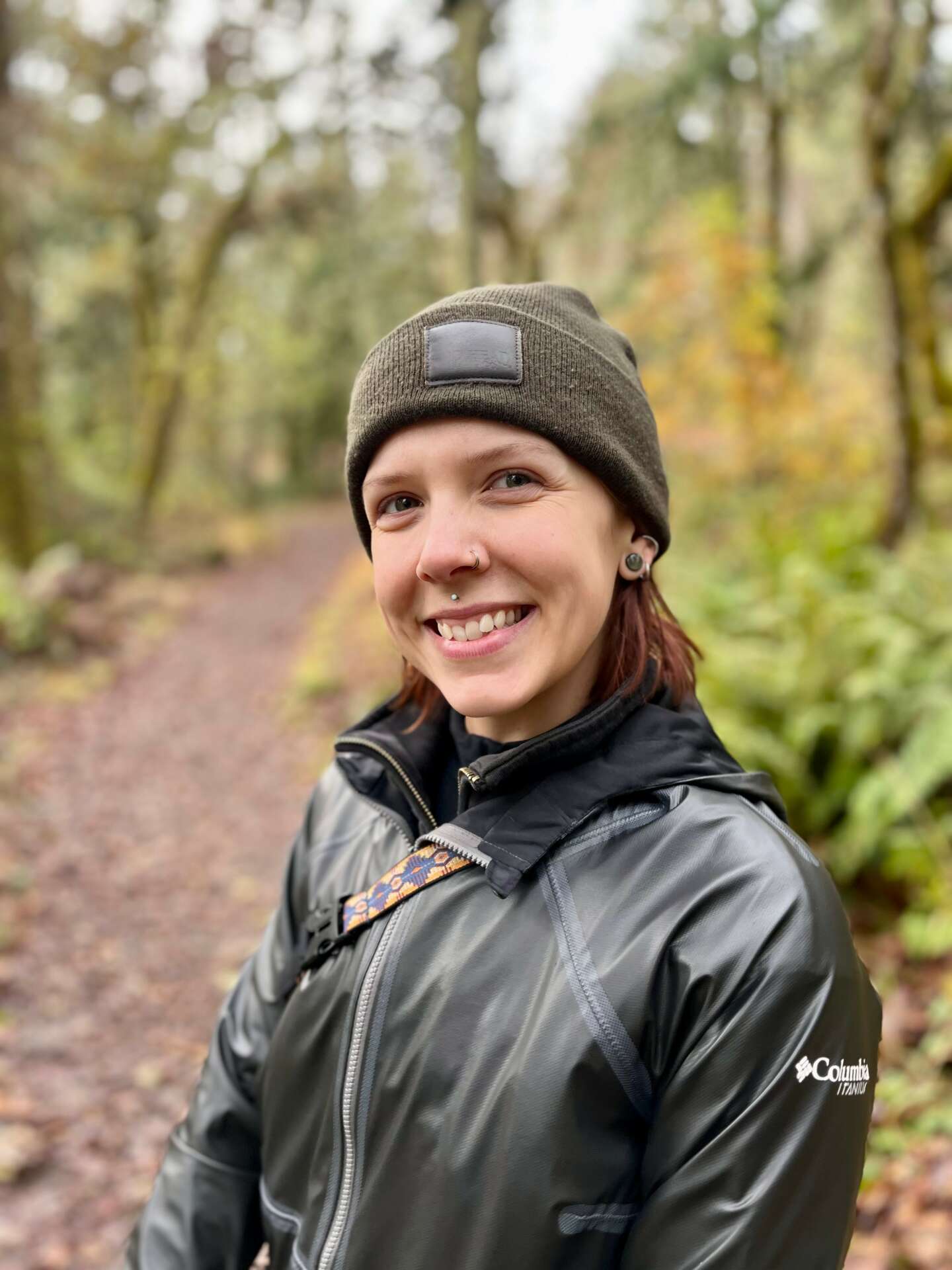
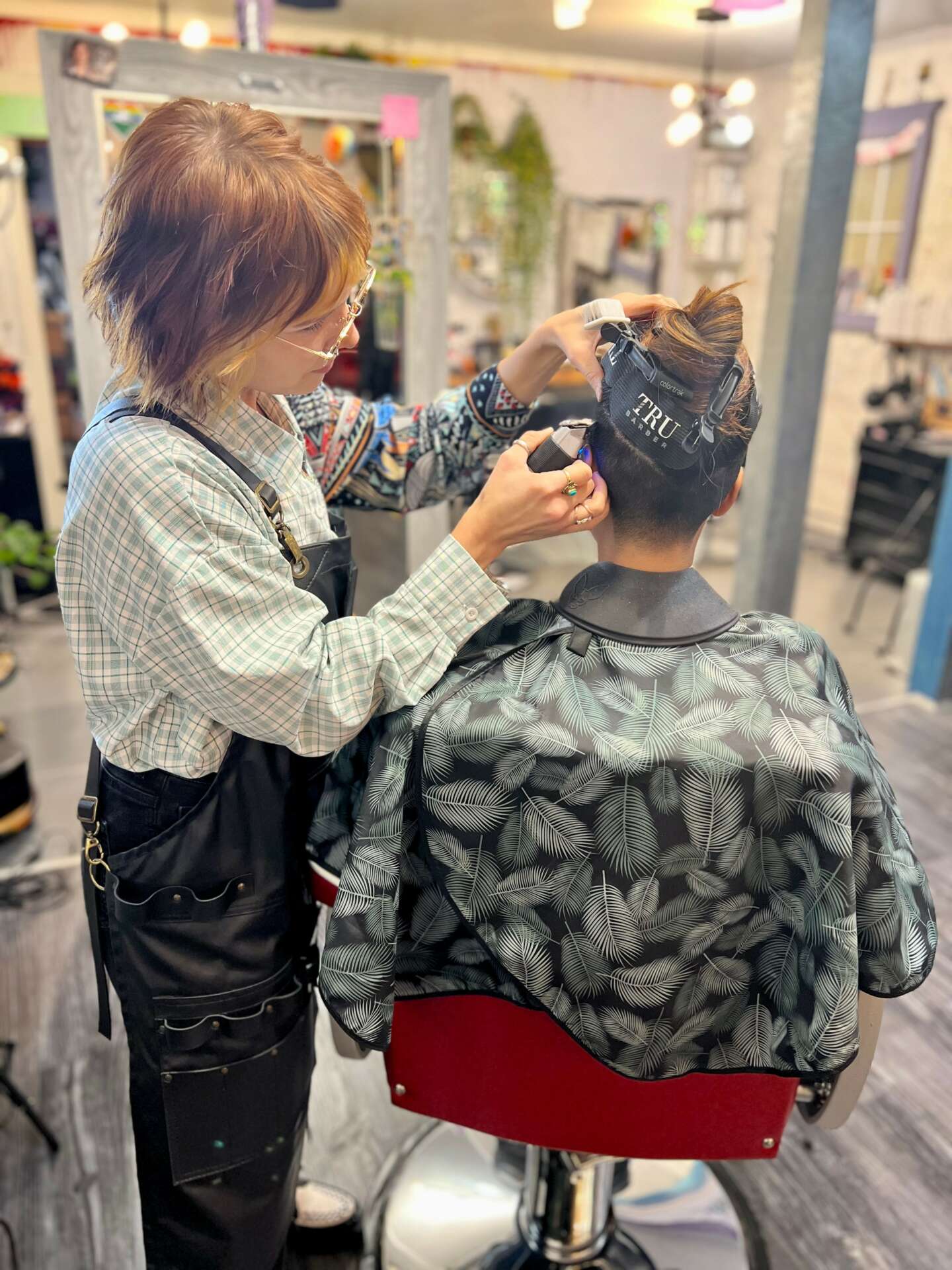
Kelsey, love having you share your insights with us. Before we ask you more questions, maybe you can take a moment to introduce yourself to our readers who might have missed our earlier conversations?
As a queer, gender-non-conforming hair artist, I have frequently felt out of place. Largely in part because the industry caters to the cis-gendered framework; men go to barbershops and pay less, women go to salons and pay more. I never understood why this way of conducting business existed, because hair has no gender. Plus, that kind of structure abandons those who live outside the gender binary. The purpose of my business is to establish a place for those who feel uncomfortable inside traditional salons/barber shops. Every person should feel welcomed and celebrated upon entering a salon/shop, not worried they won’t receive their desired haircut because of their gender. Being a hair professional who values providing gender-affirming services is very important to me; whatever hairstyle they want, they’ll get. Everyone deserves to feel like their authentic selves, and by doing so, my hope is to alleviate gender dysphoria. The way I charge is based on hair length and time, not by gender, with the intention to help the hair industry become more equitable.
Learning and unlearning are both critical parts of growth – can you share a story of a time when you had to unlearn a lesson?
Having no boundaries and “people pleasing” are two lessons I’ve had to unlearn. Looking back to the beginning of my career, I was a young stylist afraid to ruffle feathers. Before I started my own business, I worked at a place where I was undervalued and overworked, often not having enough time for a lunch break. To give you an idea, I was doing 15-20 haircuts over an eight hour span for five days a week. It wasn’t until I was diagnosed with FND that I began to learn how to set boundaries, and that was because I physically had to if I was to stay in the industry. Apart from having no boundaries, I yearned to make everyone happy. Sadly, that led me to hide my queerness and disability in fear of making people feel uncomfortable or that I was incapable of delivering their services. The hiding took a toll on me. Slowly, I began to unlearn these unhealthy traits. Today I own my own business, and my authenticity is at the forefront.
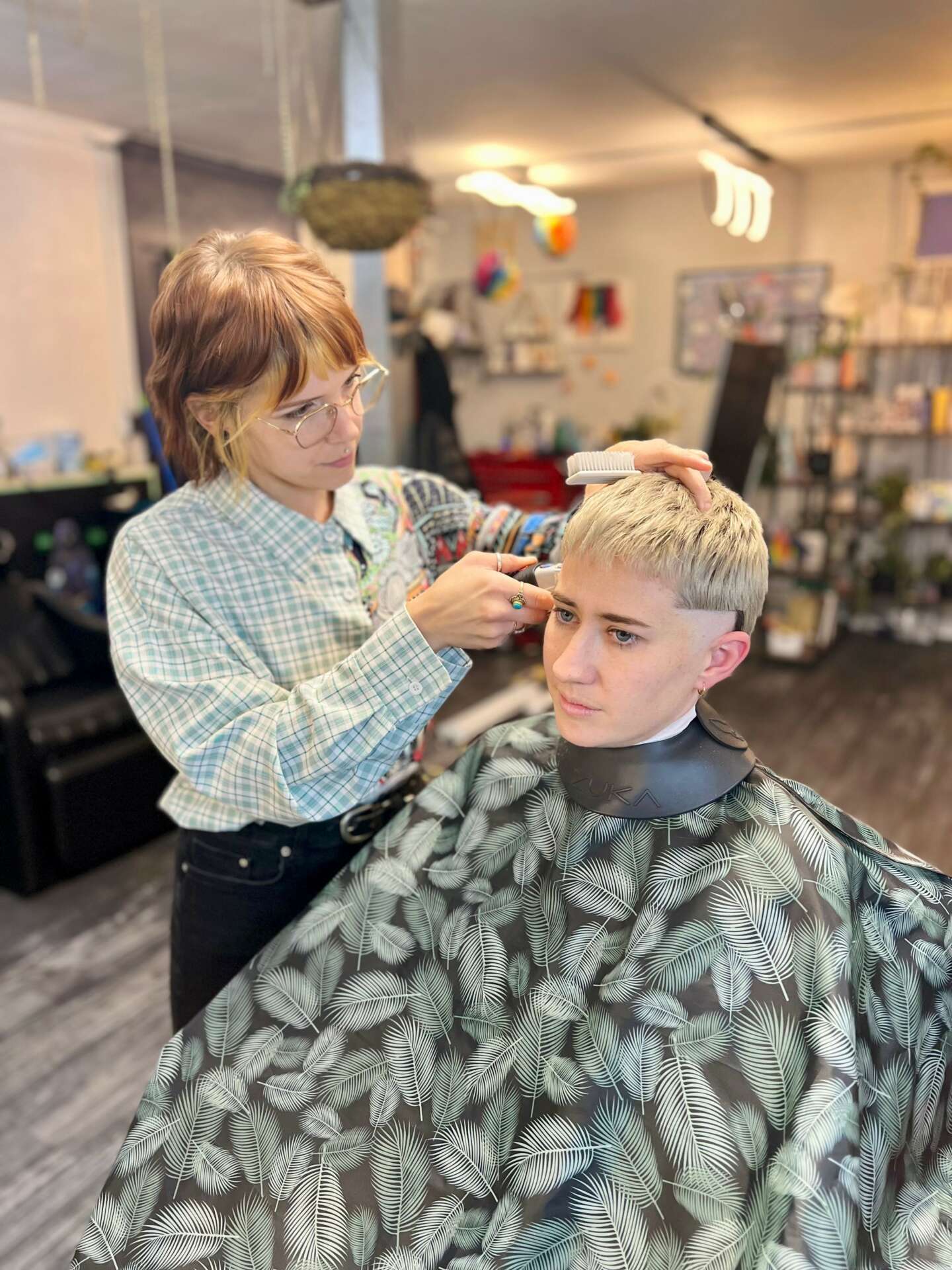
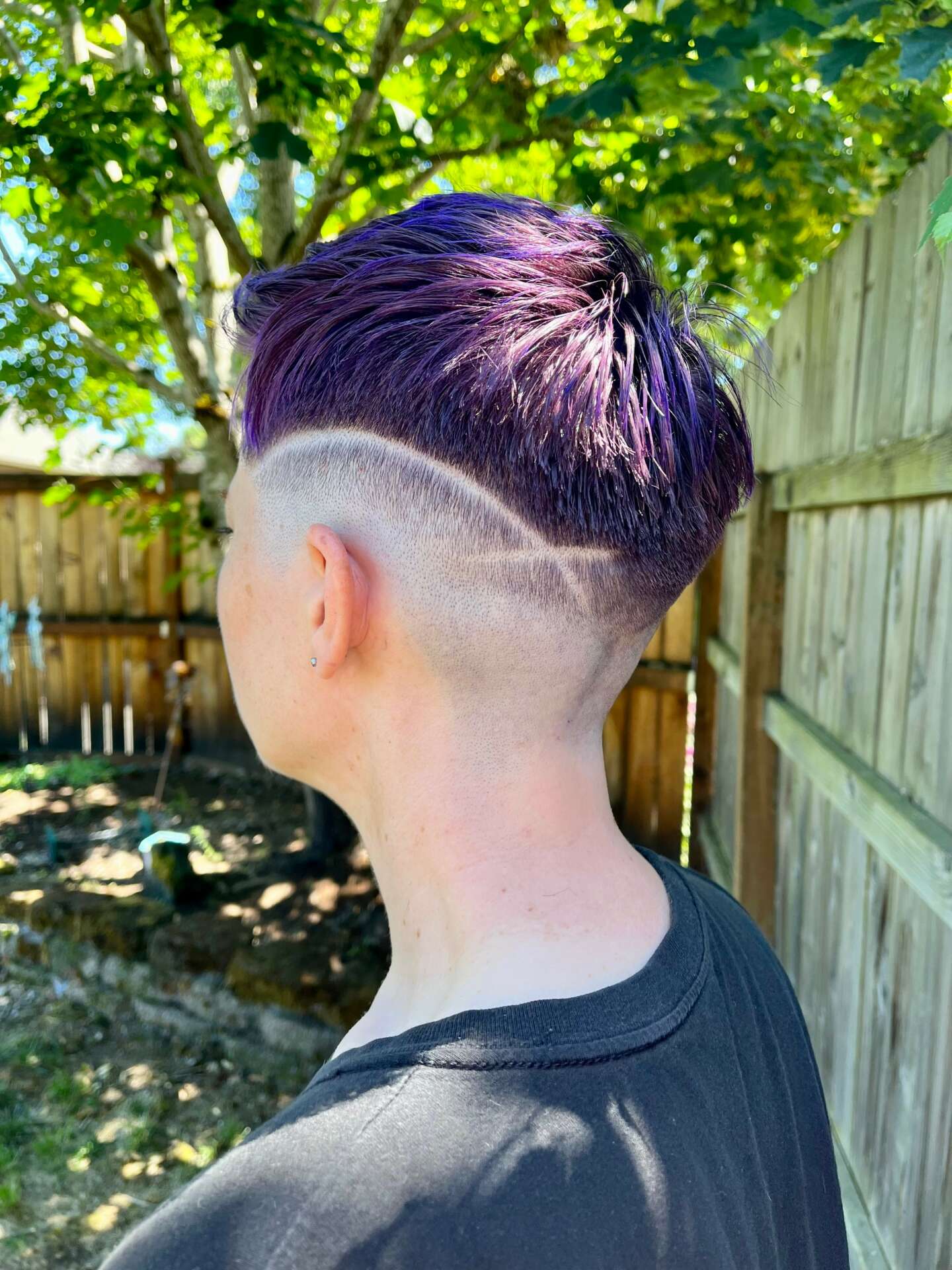
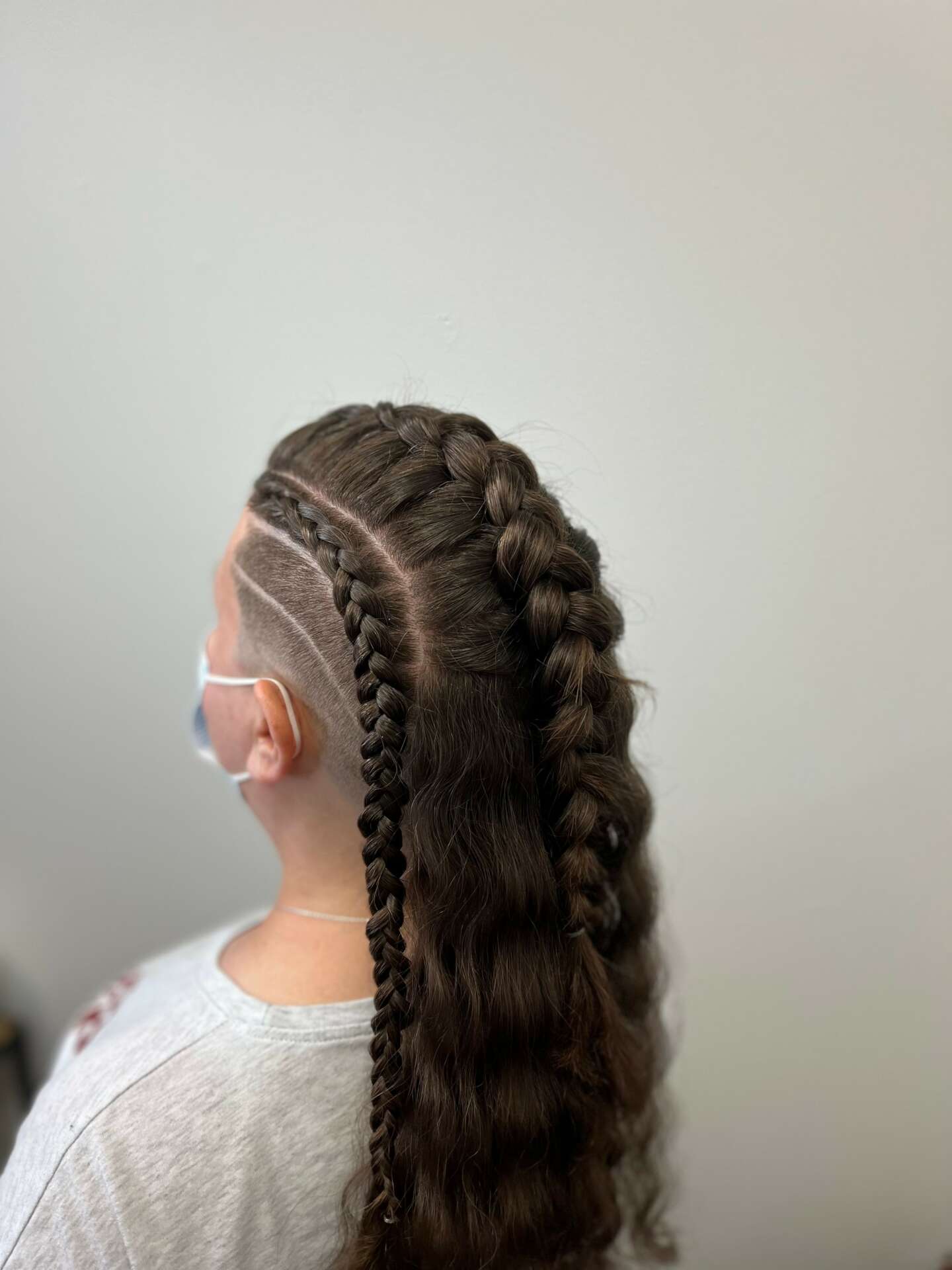
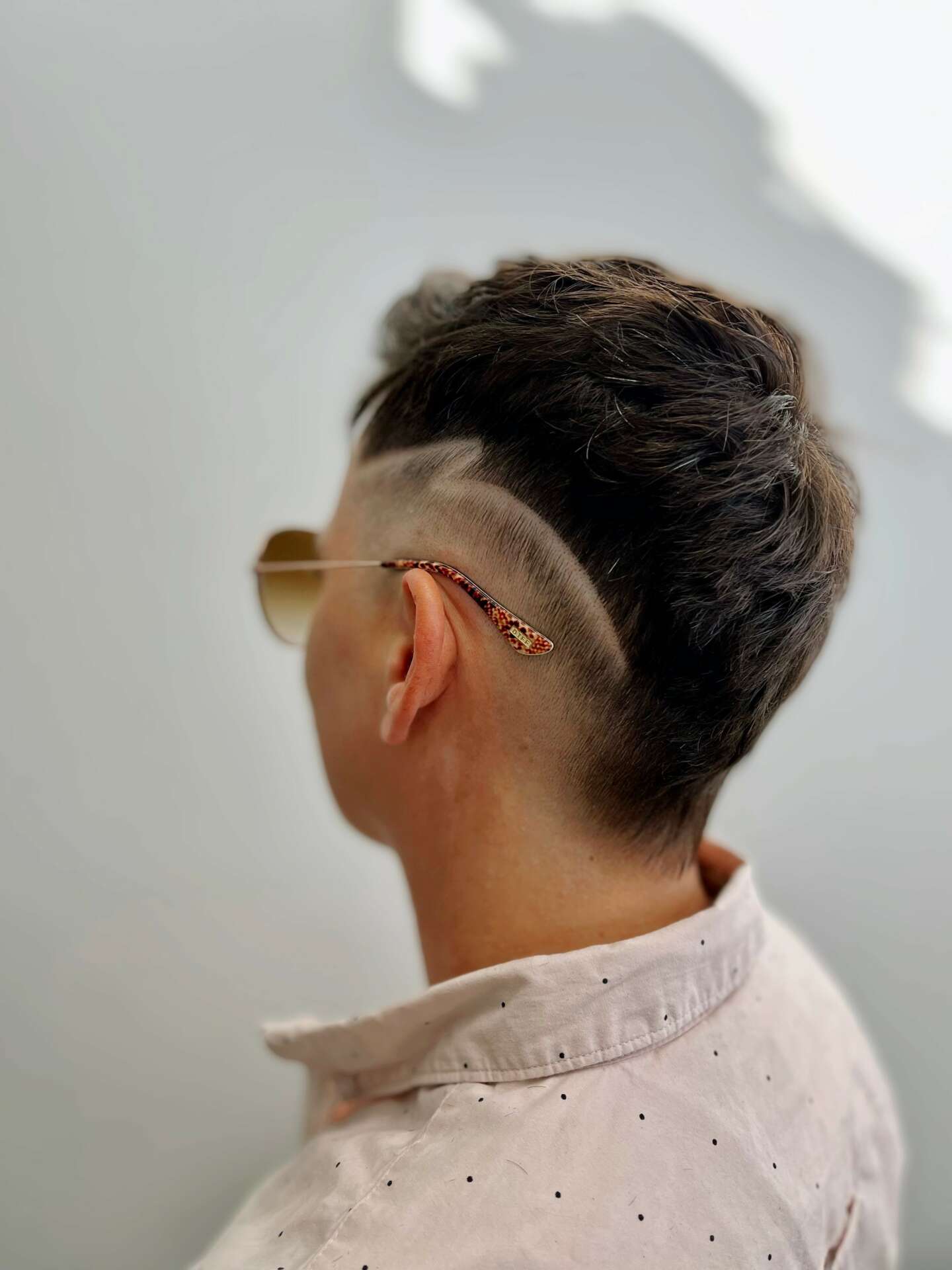
How’d you build such a strong reputation within your market?
Authenticity and pride have helped me the most. I’m proud to be queer and am transparent about living with a disability. Although that subjects me to hate and discrimination, it makes me visible to those who want to be in my space and support my purpose.
Contact Info:
- Website: misfitbotanica.glossgenius.com
- Instagram: www.instagram.com/misfitbotanica
- Facebook: www.facebook.com/misfitbotanica
Image Credits
Images were taken by me, and Jorge Gonzalez.


